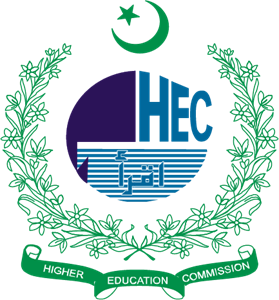Knowledge, attitude, and practice of mothers regarding home-based management of acute diarrhea in children under 5 years in selected private and public hospitals of Peshawar
Keywords:
Diarrhea, Oral Rehydration Therapy, Child, Preschool, Knowledge, AttitudeAbstract
Introduction: Adequate maternal knowledge about home-based management of childhood diarrhea has a positive effect on practice of Oral Rehydration Therapy (ORT), with resultant decrease in child mortality. However, barriers and gaps exist in knowledge and practice of home-based management.
Objective: To determine the barriers to Oral Rehydration Therapy of childhood diarrhea by assessing knowledge, attitude, and practice of acute diarrhea management by mothers attending selected public and private hospitals of Peshawar.
Materials & Methods: This was a cross-sectional descriptive study conducted from May to August 2019 at two major public and private hospitals of Peshawar, where attending mothers were selected by convenient sampling to answer a questionnaire assessing their knowledge, attitude, and practice towards management of acute diarrhea in their children under 5 years of age. Data were analyzed for descriptive statistics by SPSS 20.0.
Results: A total of 296 mothers attending private and public hospitals were interviewed, of which 256(89.5%) were housewives and 67(22.6%) college graduates; 258(87.2%) mothers were from Pakistan and 38(12.8%) from Afghanistan. Majority had satisfactory knowledge (251, 84.8%), positive attitude (218, 73.6%), and satisfactory practicing habits (239, 80.7%). Most (256, 86.5%) mothers correctly defined diarrhea and 215(72.6%) correctly identified its cause. Attitude towards diarrheal management revealed that 257(86.8%) mother believed they could manage diarrhea at home, while 229(77.4%) believed that ORT can control diarrheal episodes; 251(84.8%) responded positively to seeking treatment at a hospital during severe disease. Regarding practices of mothers, 118(39.9%) increased breastfeeding, while 40.5% offered more fluids, and 133(38.2%) offered more food during a diarrheal episode. Most mothers (273, 92.2%) practiced handwashing; 250(84.5%) used ORT during diarrheal episode and prepared it correctly 233(78.7%).
Conclusion: The knowledge, attitude, and practices of mothers about acute diarrheal disease in children and its management were satisfactory.




